Statement of the John Howard Association of Illinois Regarding the Proposed Closure of Hardin County Work Camp
The John Howard Association is Illinois’ only independent, nonpartisan prison monitor. We work to achieve a fair, humane, and effective criminal justice system by promoting reform inside Illinois’ adult and juvenile prisons.
As the only independent group that systemically monitors Illinois' correctional facilities, the John Howard Association (JHA) believes that we should not close the Hardin County Work Camp (Hardin). While Illinois needs to cut costs to become fiscally solvent, the relatively small savings resulting from closing this work camp weighed against the benefits it provides and the potential harms of eliminating the program do not justify closure.
In Fiscal Year 2015 the Illinois Department of Corrections (IDOC) had an annual operating budget of $1.3 billion, some of which was spent maintaining facilities that are old and in need of significant repair. While this is not ideal, it is the reality of our current correctional system which is vastly overcrowded – with an inmate population of just over 47,000 people in space designed to house just over 32,000. This situation means that operating facilities with less than ideal physical infrastructure is unfortunately the norm, if we do not want to further exacerbate the negative impacts of prison overcrowding. JHA notes that like many IDOC facilities, Hardin has considerable maintenance needs, including the added issue of needing replacement or continued leasing of the facility kitchen.
Absent a realized plan of prison population reduction, we assume that Hardin inmates and future similar inmates would instead be housed in other overcrowded and under-resourced IDOC facilities, where they will likely not have opportunities for productive activity equal to those at the work camp.
Assuming that the Governor’s original budget calculation of an annual savings of $1 million is realized through closing this facility, this is a small amount – particularly when compared to the benefits this facility provides to IDOC inmates housed here, including work, education, community service opportunities, and the benefits of the work camp to taxpayers in terms of uncaptured cost savings.
First, there are benefits to taxpayers from work camp inmates’ service, which include cleaner roadways, flood preparation efforts, and maintenance of a garden that feeds inmates as well as provides produce for local food pantries, senior groups and schools. Second, due to increased opportunity at work camps, inmates can more easily earn sentencing credits for participation in positive activity, leading to earlier release which lowers the cost of incarcerating these inmates. Further, the basic benefit of a work camp facility, is that it offers inmates productive programming while they are in custody, and provides them with concrete educational benefits and job skills that support successful reentry upon release –this can lead to taxpayer savings by turning former inmates into productive citizens and avoiding costs for returns to prison.
JHA recommends keeping Hardin open. Before closing any IDOC facility, Illinois’ inmate population should be significantly reduced and true costs must be more comprehensively captured. At the current time, with Illinois’ correctional system housing close to 15,000 inmates beyond design capacity, closure is not a sensible savings approach. Further, work camps provide inmates with sorely needed and beneficial educational and vocational skills which can lead to correctional system savings, public benefit and an increased opportunity for successful reentry.
Respectfully submitted,
Jennifer Vollen-Katz
Executive Director
John Howard Association of Illinois
jvollen@thejha.org
(312) 291-9555
